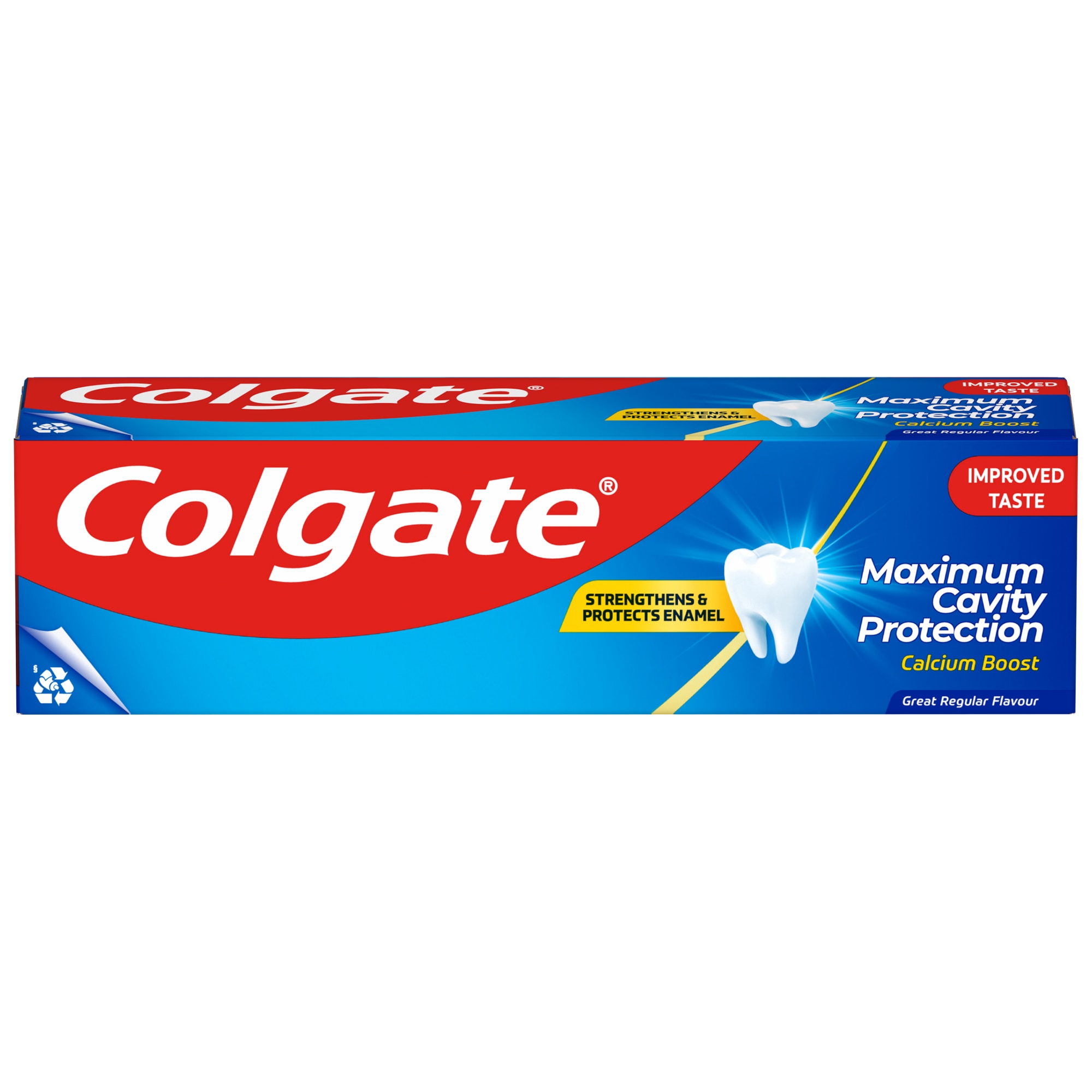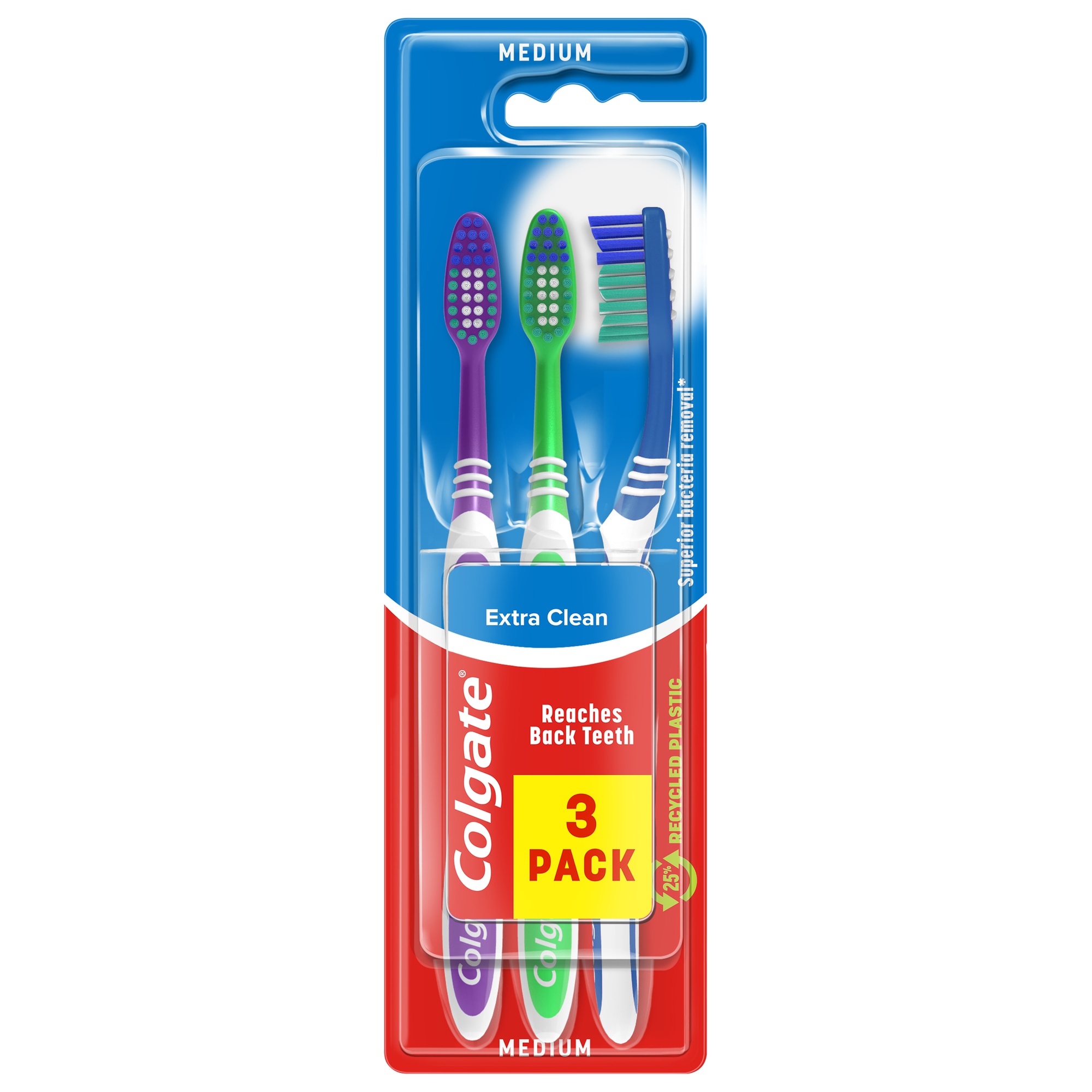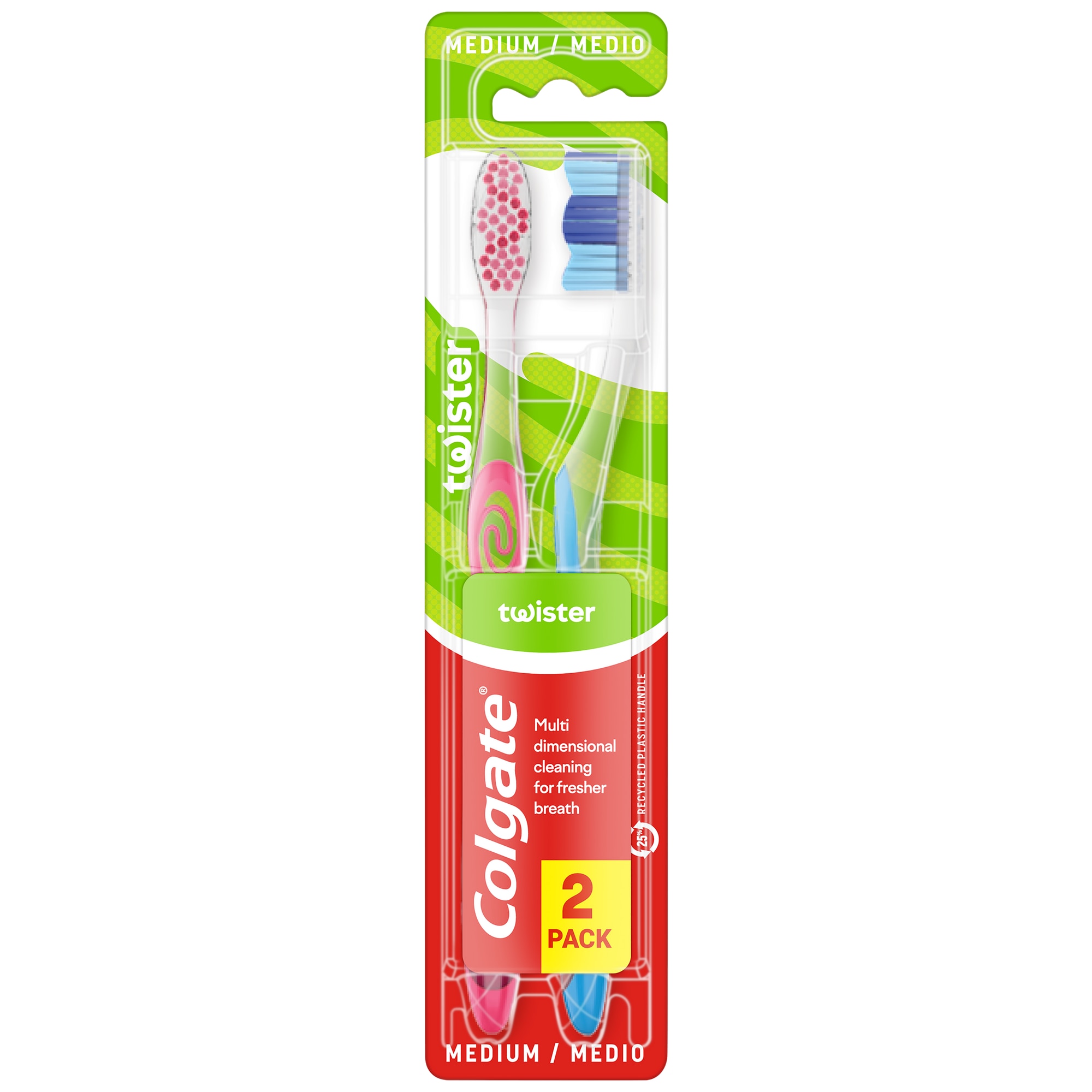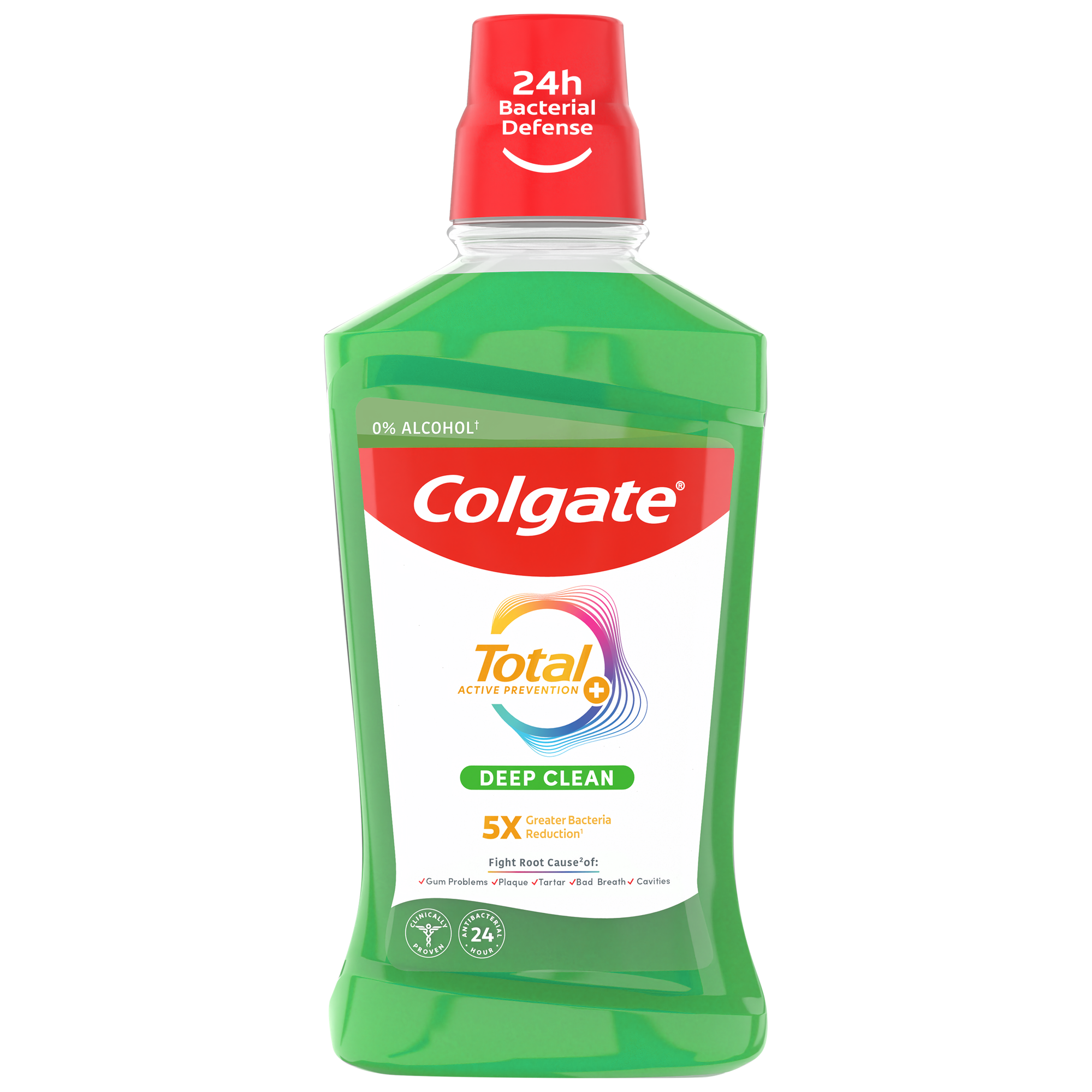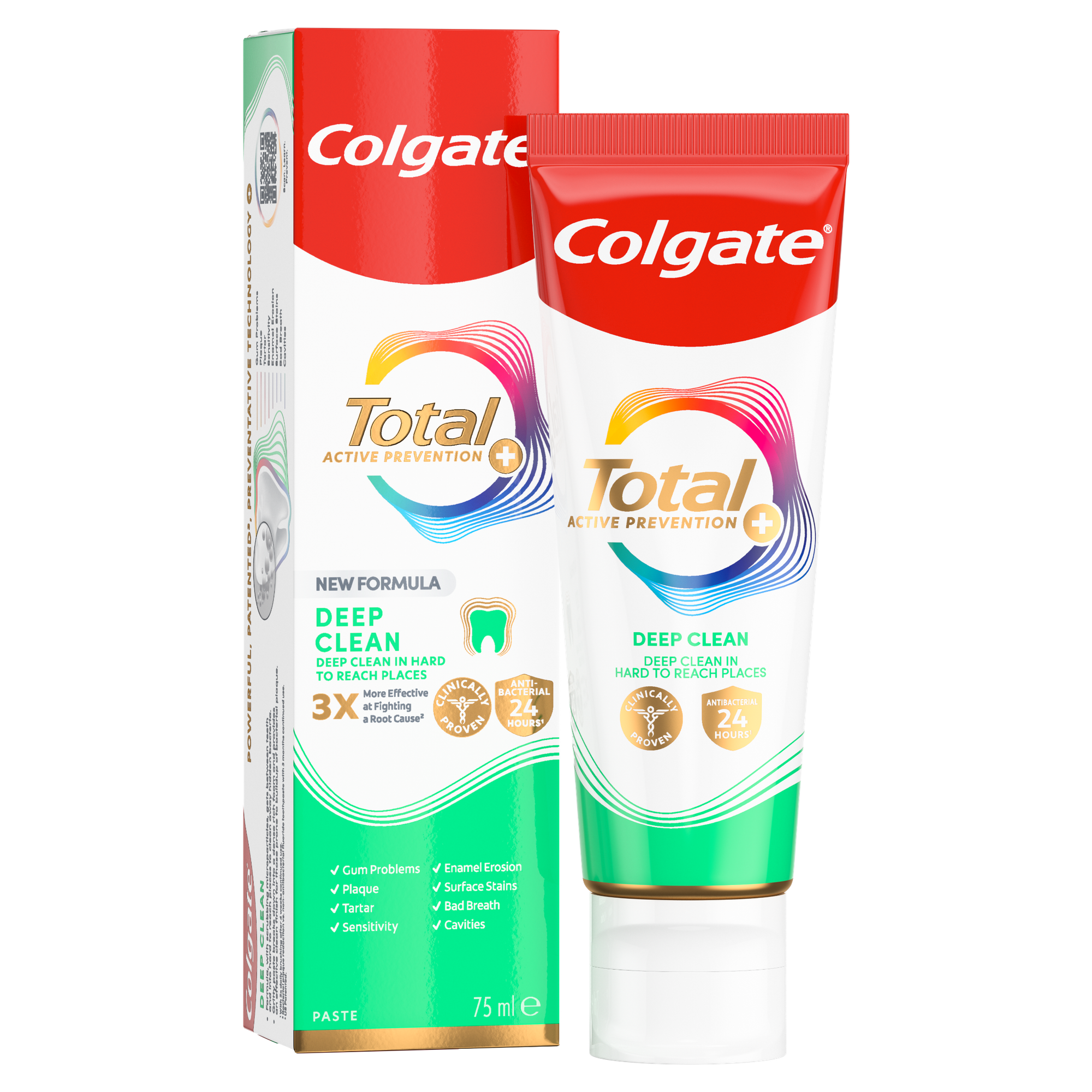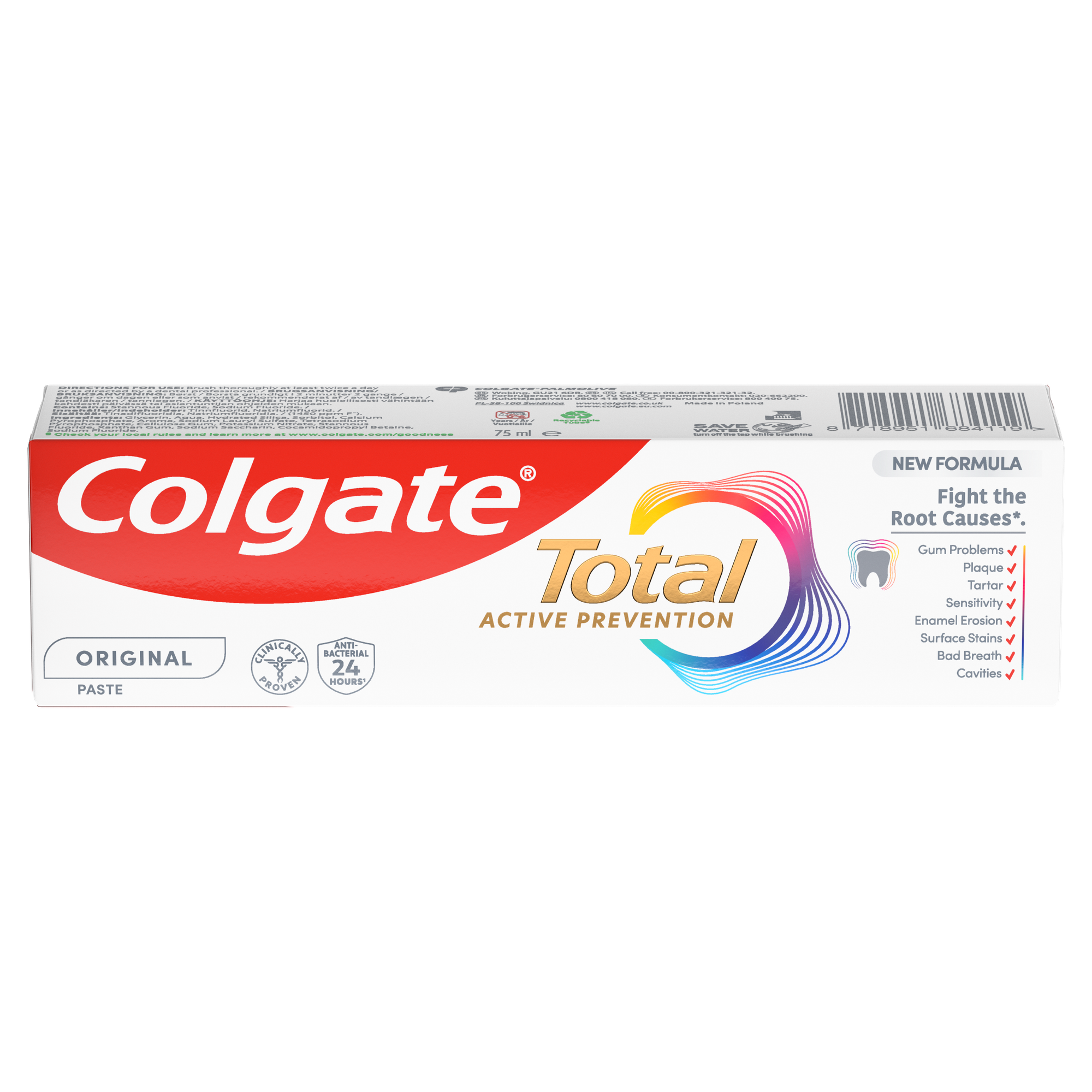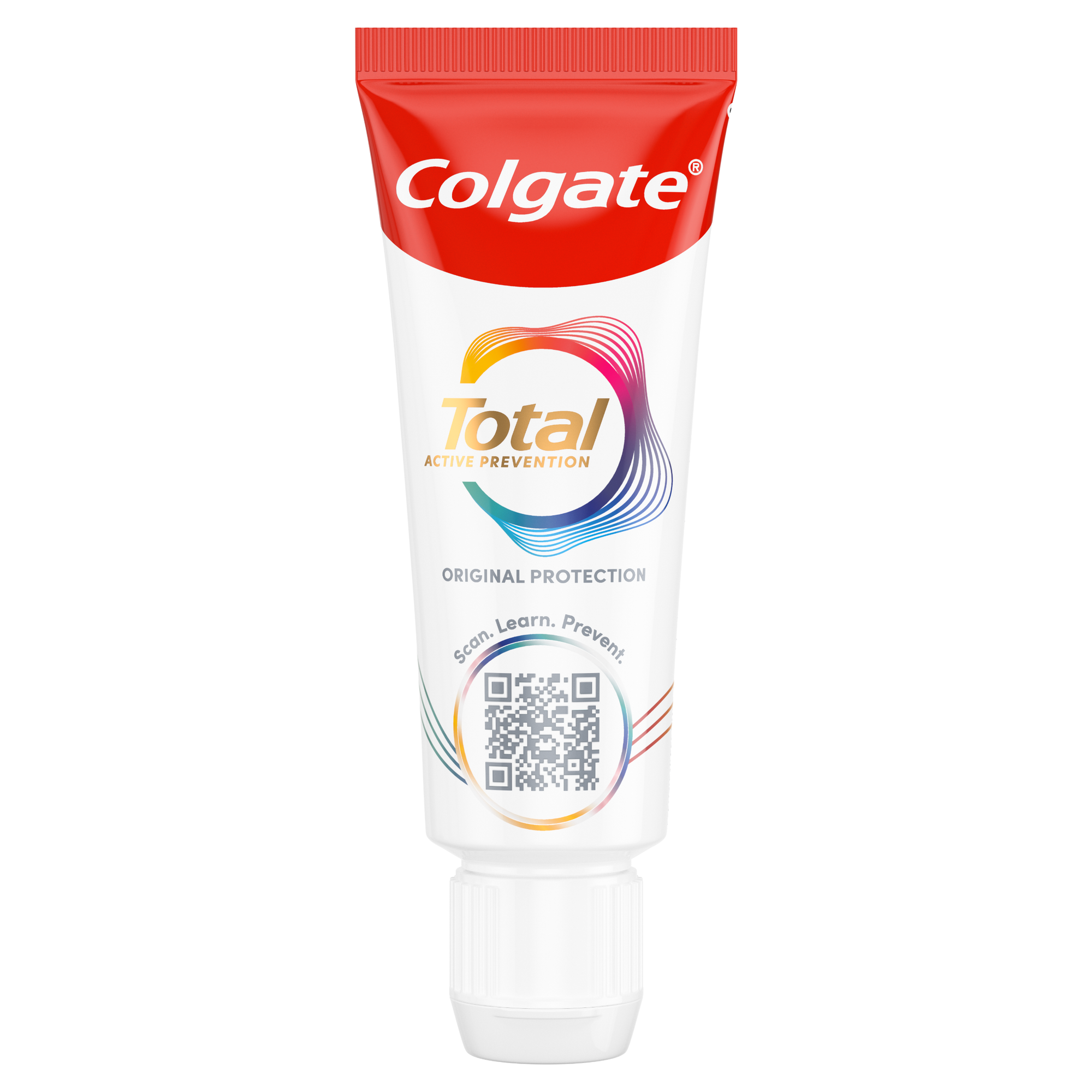- Colgate® | Toothpaste, Toothbrushes & Oral Care Resources
- Oral Health
- Managing A Blood Blister In The Mouth


Angina Bullosa Haemorrhagica
Medically, blood blisters in the mouth may be related to a condition known as angina bullosa haemorrhagica (ABH). ABH is an uncommon oral disorder characterised by the formation of blood-filled sacs in the oral cavity, according to a review in the World Journal of Stomatology. These dark red or purplish blisters appear spontaneously in the mouth and can last up to a few days before bursting. The blisters may burst on their own or while the individual is eating. Once ruptured, they generally heal quickly and do not scar. The symptoms are often mild, though some patients may feel moderate pain at the site of the blister.
While blood blisters can appear anywhere in the mouth, they appear most frequently on the soft palate. Patients over the age of 50 years old are most likely to be affected, as the World Journal of Stomatology review notes.
Causes of a Blood Blister in the Mouth
While the precise cause of oral blood blisters is unclear, the World Journal of Stomatology review explains that they may be triggered by trauma to the oral cavity. The following causes may contribute to the formation of a blood blister in the mouth:
- Eating hard, hot or crunchy foods
- Undergoing a dental procedure, such as impressions or crown placement
- Having a local anaesthetic injection
- Inhaling drugs, including steroids
- Having a systemic disease, such as diabetes
Treatment for Oral Blood Blisters
According to the World Journal of Stomatology review, treatment is often not necessary, as the blisters typically heal within two weeks on their own. It's also important to remember that these oral blood blisters are benign, meaning they are not cancerous or harmful to your health. Sometimes, they may reappear in different parts of the mouth, so if you notice frequent blister formation, it's a good idea to check in with your dental professional.
If a blister is particularly uncomfortable, your dental professional can help you control the pain. They will inspect the blister and might choose to prescribe an antibacterial mouthwash or anti-inflammatory medication to alleviate any discomfort and speed up the healing process, explains the World Journal of Stomatology review. Your dental professional may also recommend eating a soft diet to avoid further irritating the area. These treatments may help prevent an infection from developing after the blister has popped.
Most blood blisters go away on their own without any medical intervention — however, if you notice any abnormal symptoms, such as pus draining out of the blister, see your dental professional as soon as possible for an evaluation. They will thoroughly examine the affected area and make sure that it heals properly.
This article is intended to promote understanding of and knowledge about general oral health topics. It is not intended to be a substitute for professional advice, diagnosis or treatment. Always seek the advice of your dentist or other qualified healthcare provider with any questions you may have regarding a medical condition or treatment.
Related Products
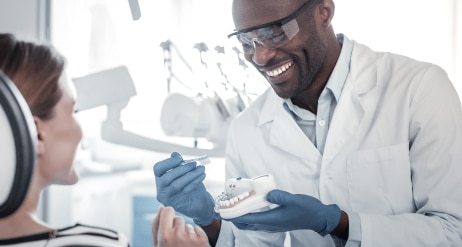
Helping dental professionals
More professionals across the world trust Colgate. Find resources, products, and information to give your patients a healthier future

